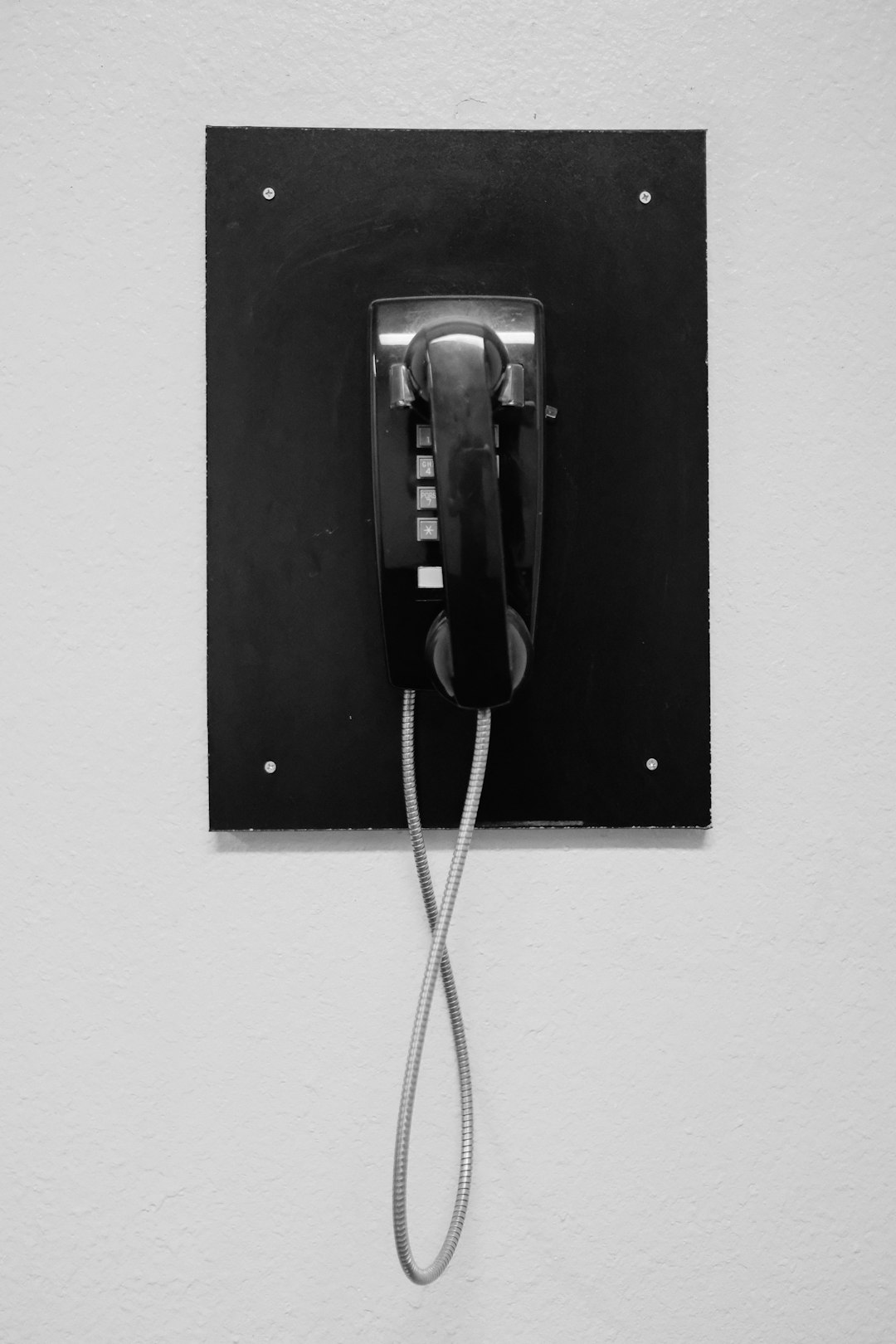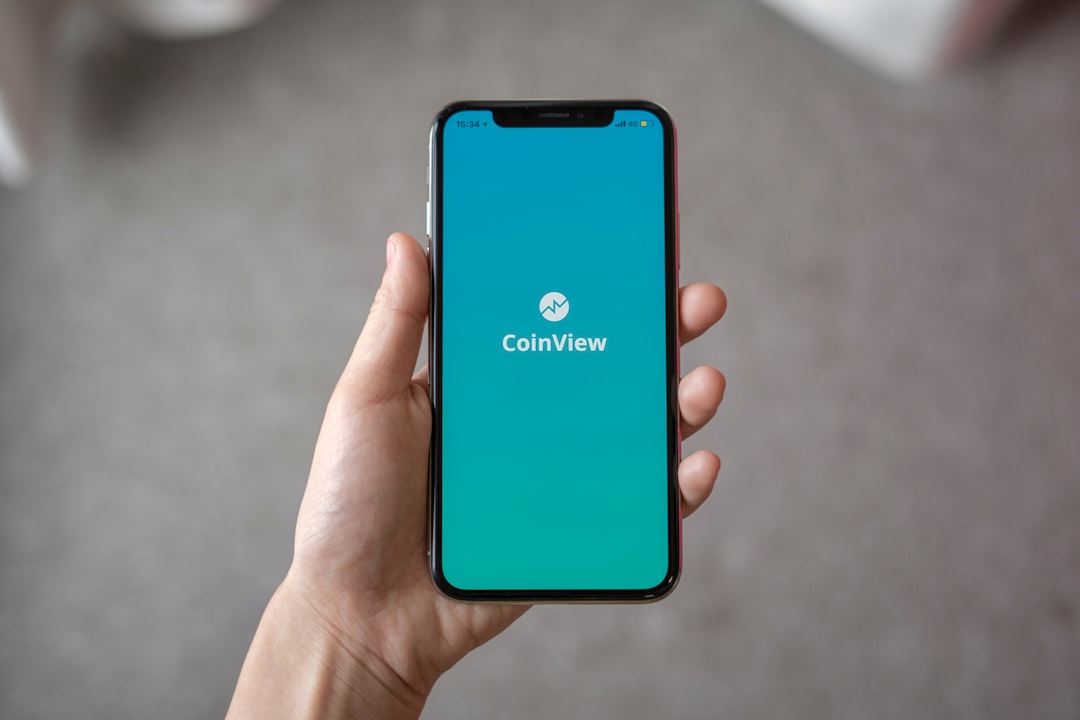Robocalls, or automated phone calls from unknown numbers, have become a major issue in California due to illegal telemarketing and fraudulent schemes impersonating official agencies. Smartphone apps are now helping Californians block these intrusive calls using machine learning algorithms, but navigating the complex legal terrain, including the Telephone Consumer Protection Act (TCPA), is crucial to ensure compliance with robocall laws in California. Users should consult a lawyer for robocall laws in California for expert guidance on protecting their rights and data privacy.
In California, where robocalls have reached epidemic levels, smartphone apps offering robocall blocking services have become a popular solution. These applications provide individuals with much-needed relief from unwanted and fraudulent calls. However, as their use increases, so do legal considerations surrounding their effectiveness and legality. This article delves into the world of robocalls, explores the role of blocking apps, and examines the legal framework governing these tools, including insights from a lawyer specializing in robocall laws in California.
Understanding Robocalls and Their Impact in California

Robocalls, automated phone calls from unknown numbers, have become a significant nuisance in California and across the nation. While many calls are legitimate marketing efforts or survey invitations, a substantial portion is comprised of unwanted and illegal telemarketing or fraudulent schemes. These robocalls often pose as official government agencies, financial institutions, or even healthcare providers, attempting to trick recipients into providing personal information or making sensitive decisions over the phone.
In California, where privacy laws are stringent, residents face unique challenges in dealing with these calls. The sheer volume of robocalls can lead to increased stress and anxiety for many individuals, impacting their daily lives. Moreover, certain robocall tactics, such as impersonating local law enforcement or health officials, can cause significant harm by spreading misinformation and exploiting people’s fears. This has prompted many Californians to seek legal recourse, turning to a lawyer for robocall laws in California to understand their rights and explore options to block these intrusive calls.
The Role of Smartphone Apps in Blocking Robocalls

Smartphone apps have become a powerful tool in the ongoing battle against unwanted robocalls, offering California residents an additional layer of protection. These applications utilize advanced algorithms and machine learning to identify and block automated phone calls, significantly reducing the number of intrusive robocalls received by users. With just a few taps on the screen, individuals can silence these persistent calls from telemarketers, scammers, or political campaigns.
By leveraging sophisticated technology, robocall-blocking apps provide a more efficient and user-friendly alternative to traditional methods. Unlike relying solely on the telephone company’s filtering systems, these apps learn from each call, adapting to new patterns and numbers. This dynamic approach ensures that even as scammers evolve their tactics, users have an adaptive defense mechanism at their fingertips, making it easier for them to consult a lawyer for robocall-related issues if necessary.
Legal Considerations for Robocall Blocking Apps in California

In California, where privacy laws are stringent, the legality of smartphone apps designed to block robocalls is a nuanced topic. While these apps aim to protect consumers from unwanted and often fraudulent calls, developers and users must navigate complex legal territory. A lawyer for robocall laws in California can offer critical insights into state regulations that govern such applications.
The Telephone Consumer Protection Act (TCPA) forms the backbone of legal protection against robocalls. However, when it comes to app-based blocking solutions, there are specific considerations. App developers must ensure their tools do not inadvertently violate anti-blocking provisions within the TCPA or other state regulations. Additionally, user data privacy is a significant concern, requiring apps to handle caller information responsibly and transparently.






